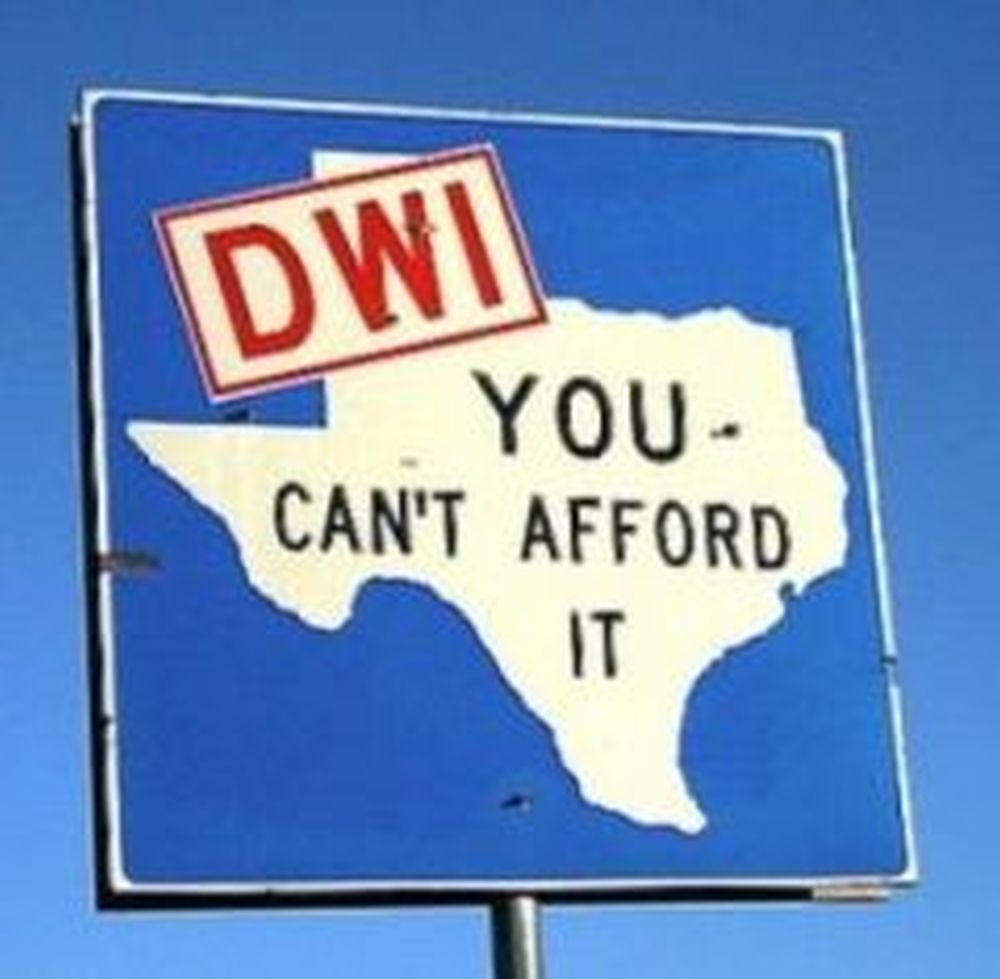Imagine your car, parked under a canopy of trees, suddenly damaged by a falling branch. In that moment, the decision between extensive and collision coverage becomes essential. Each type offers distinct protection, but understanding which suits your needs best can save you money and guarantee adequate security. As you weigh your vehicle's value and the risks you face, one question looms: which coverage will truly safeguard your investment?
When it comes to protecting your vehicle, understanding the differences between extensive and collision coverage is important. These two types of insurance serve distinct purposes, and knowing their roles can help you make informed choices about your policy. Extensive coverage safeguards your vehicle against non-collision incidents like theft, vandalism, and natural disasters, while collision coverage is specifically designed to cover damages resulting from accidents involving other vehicles or objects.
Neither extensive nor collision coverage is legally required by state laws, but lenders often mandate both for financed or leased vehicles, pushing you to evaluate your financial responsibilities. If you own your vehicle outright and it has a low market value, you might weigh the necessity of these coverages differently. However, if you're leasing or have a loan, full coverage, which typically includes both extensive and collision insurance alongside liability insurance, becomes important.
Understanding your financial responsibilities is crucial, especially if you're financing or leasing a vehicle that requires both extensive and collision coverage.
The key differences between extensive and collision insurance greatly impact your coverage decisions. Extensive insurance shields you from unexpected events, including weather-related damage and animal collisions, while collision insurance specifically addresses accidents. Full coverage typically includes both comprehensive and collision, which can provide a more complete safety net for your vehicle. Additionally, it's crucial to understand that liability insurance is often a prerequisite for any car insurance policy.
It's worth noting that collision insurance generally costs more than extensive coverage. If you're calculating your budget for insurance, reflect on that deductibles for both types can vary based on your policy selections. Higher deductibles usually result in lower premiums, but this could also mean more out-of-pocket expenses in the event of a claim.
The significance of having both extensive and collision insurance can't be overstated. They provide critical financial protection against various forms of physical damage to your vehicle, helping maintain its value over time by covering repair costs. This aspect is especially relevant if you live in areas prone to theft or extreme weather, where local risk factors could elevate the likelihood of needing one or both types of coverage.
Additionally, it offers peace of mind, knowing you're financially protected against unforeseen events.
When evaluating the cost, average annual expenses for extensive insurance hover around $134, while collision insurance tends to be about $290. The deductible structure can also influence your overall expenses, ranging from $0 to $2,000 or more. It's important to analyze how different deductible levels affect your premiums and insurance payouts.
Coverage limits often depend on your vehicle's actual cash value (ACV), which means that insurance payouts won't exceed the vehicle's market value at the time of a claim, minus the deductible. As your vehicle ages, its ACV decreases, which could affect the relevance of maintaining extensive and collision insurance.
Conclusion
In the delicate dance of insurance, choosing between extensive and collision coverage is like picking the right partner for your financial peace of mind. By carefully weighing your vehicle's value, local risks, and personal circumstances, you can strike a harmonious balance that shields you from the unexpected while avoiding unnecessary costs. Remember, this decision is not just about protecting your car; it's about safeguarding your future and ensuring you're prepared for whatever life throws your way.

